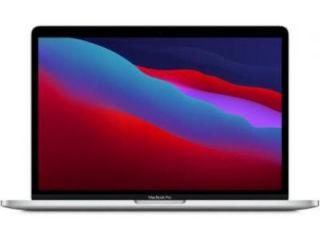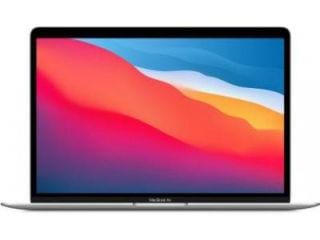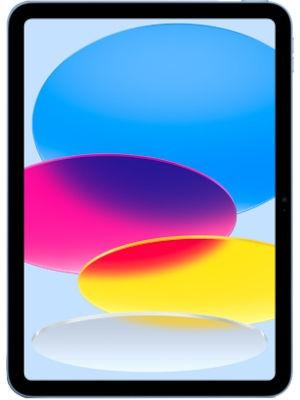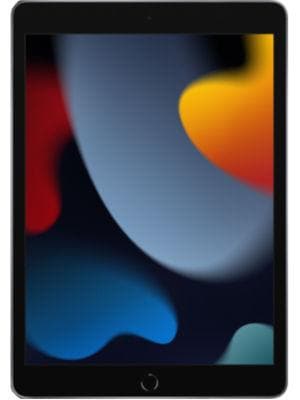Apple's block on sideloading iOS apps on M1 Macs with macOS 11.2 looks like its here to stay
While the block was only applicable to users on the beta at the time, the update has now reached the stable channel and is now actively blocking all users who have updated to macOS 11.2.
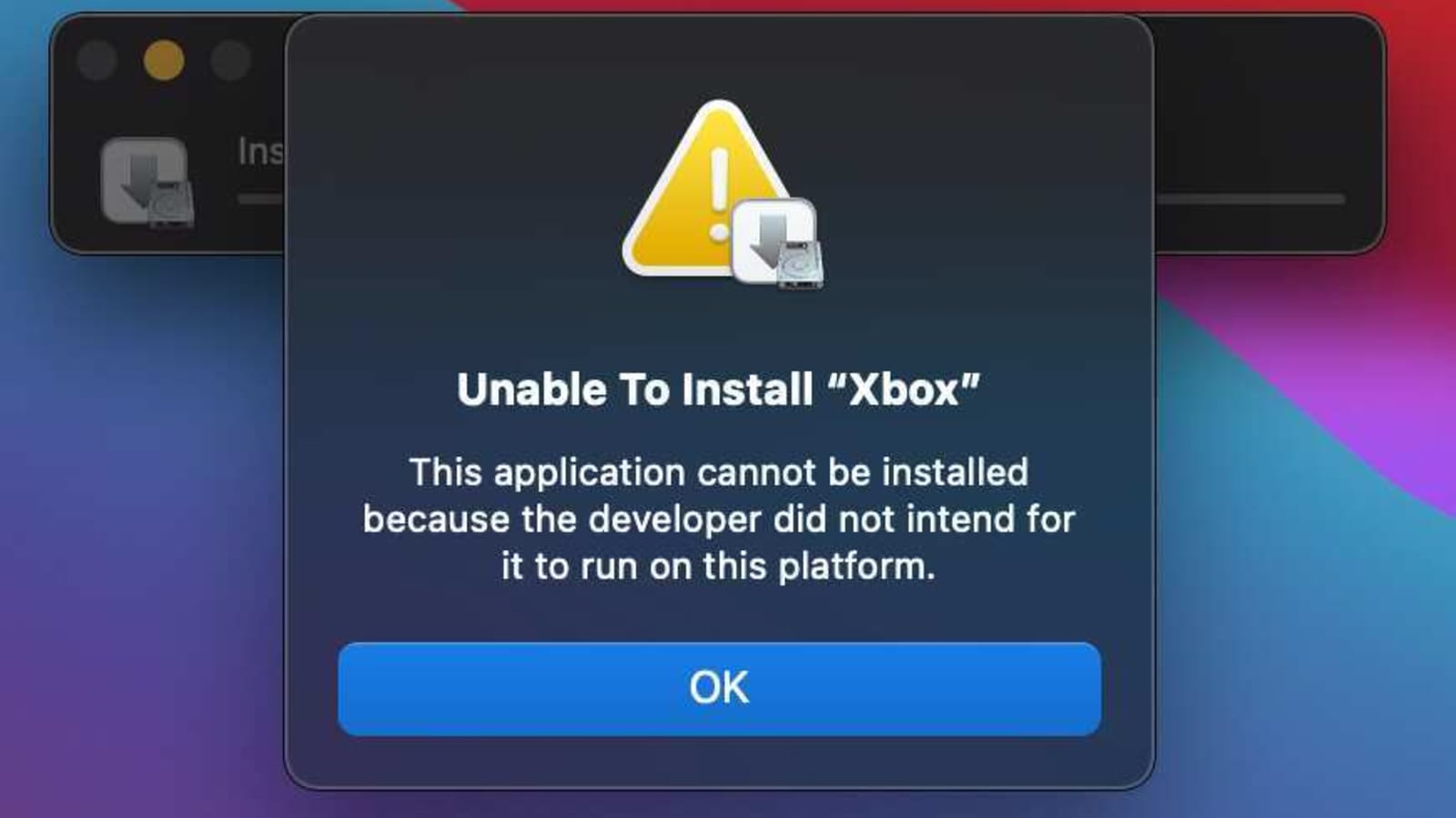
In January, we reported that Apple was using a server-side switch to block users attempting to sideload iOS and iPadOS apps onto their Apple Silicon Macs, displaying an error message instead. That block on sideloading apps like Netflix, Facebook, and Instagram now appears like it is here to stay.
Read more: Apple is blocking users from sideloading iOS apps on M1 Macs
Ever since the new Apple M1 processor-powered Macs were released, users were previously using a tool called iMazing to download IPA files designed to run on iOS and iPadOS until a server-side change from Apple blocked the functionality. According to a report from 9to5Mac, that change appears to have been permanently enforced in macOS 11.2 Big Sur.
The Cupertino based company is probably using server-side changes to the Application Programming Interfaces (APIs) that govern its Digital Rights Management (DRM) protections on all Macs running the latest version of macOS 11.2 - Big Sur, the report states. While the block was only applicable to users on the beta at the time, the update has now reached the stable channel and is now actively blocking all users who have updated.
Also read: Security researchers have ported Ubuntu Linux for Apple Silicon M1 hardware
While attempting to sideload apps last month, M1 Mac users were hit with an error message that stated that the app couldn't be installed because “the developers did not intend for it to run on this platform”. If anything, the message suggests that the platform's major app developers probably complained to Apple about apps that were only designed to work on mobile devices - or certain video service plans meant only for mobile screens.
Don't miss: Intel reportedly ‘crafted' 11-gen processor benchmarks to make Apple M1 look weak
Regardless of the intention behind the sideload blocking, there is no known workaround for installing iOS apps on your Apple Silicon Mac now. The report states that the only workaround will likely involve modifying the operating system (and thus Apple's DRM protections) to allow for sideloading. Or users could simply not upgrade to iOS 11.2 - which is highly unrecommended. Apple could simply revert these changes in a future version, but that seems highly unlikely as the error message seems intentional.
Catch all the Latest Tech News, Mobile News, Laptop News, Gaming news, Wearables News , How To News, also keep up with us on Whatsapp channel,Twitter, Facebook, Google News, and Instagram. For our latest videos, subscribe to our YouTube channel.



